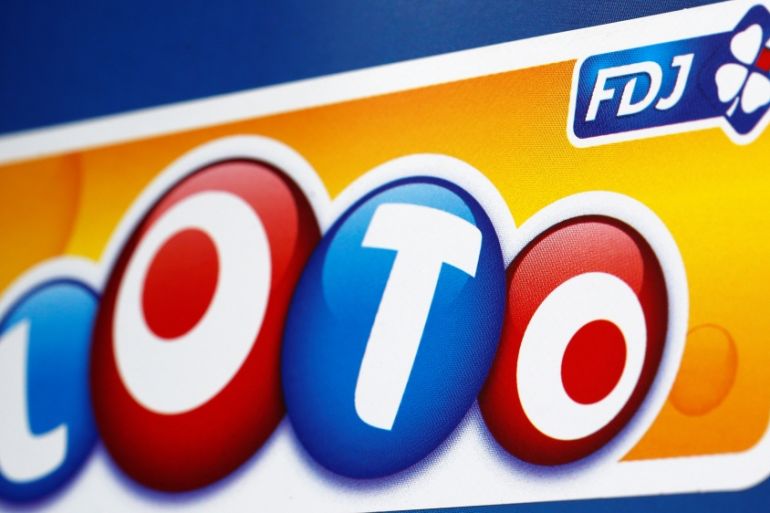France bets big on privatisation, planning to sell lottery stake
In test for pro-business president, deal could raise $1.9bn for the government as part of national innovation fund.

The government of France has launched its biggest wave of privatisations in more than a decade, kicking off the process with the sale of its majority stake in the national lottery monopoly.
Business-friendly French President Emmanuel Macron has directed the government to raise money to invest in technology that could give France an economic edge in the future.
Keep reading
list of 3 itemsPlanes, poultry, power: China, France agree $15bn worth of deals
Size matters: Fiat Chrysler, Peugeot to merge, creating car giant
But opposition figures – on both the left and the right – are worried that the former investment banker’s privatisation push is akin to selling the family jewels.
The government aims to lessen its stake in the Francaise des Jeux (FDJ) lottery operator from the current 72 percent and sell the stake down to 20 percent when FDJ shares are due to begin trading on November 21.
Finance Minister Bruno Le Maire said the initial public offering (IPO) is drawing strong interest from investors at home and abroad.
According to the prospectus, the listing should raise up to 1.7 billion euros ($1.9bn) for the government, which has earmarked that money for reducing the state debt burden and for bolstering a 10-billion-euro ($11bn) innovation fund.
Stock market operator Euronext said FDJ was the biggest IPO in Paris since French asset manager Amundi went public in 2015, and the third-biggest IPO in Europe this year.
‘Very positive signal’
Strong demand from domestic French investors, ranging from insurers to asset managers and private banks, is allowing FDJ to take on a dismal IPO market that has seen other big European deals scotched recently.
“The institutional placement seems to be going well, even very well, and that gives a very positive signal,” a source working on the deal told the Reuters news agency.
If the listing goes smoothly, it could embolden the French government to press ahead with other big asset sales, namely the more lucrative but politically trickier disposal of airports operator Aeroports de Paris (ADP).
Macron’s government wants to sell all or part of its 50.6 percent stake in ADP, worth around 8.6 billion euros ($9.5bn), but opponents have organised an online referendum to stop it.
Legally, the sale could be blocked if 10 percent of registered French voters – or 4.7 million people – sign the petition by March.
The opposition and unions are already up in arms over a planned overhaul of the pension system, and an additional big privatisation would add further fuel to the fire.
The last time a French government pushed through a big programme of privatisations was between 2005 and 2007 under centre-right president Jacques Chirac, who died in September.
‘Let the portfolio breathe’
The head of the French government’s APE shareholding agency, Martin Vial, said that other corporate asset sales could follow – provided that the companies were left with a solid French shareholder base and the price was attractive.
“Under these conditions, it’s possible there will be other operations to let the portfolio breathe a bit,” Vial told journalists at a presentation of FDJ’s IPO.
The offering of FDJ shares has been priced in a range from 16.50 euros to 19.90 euros ($18.24 to $21.99), valuing it between 3.15 billion and 3.8 billion euros (likely at least $3.5bn).
Such a valuation would top glass bottle maker Verallia, which went public in October with a market valuation of 3.2 billion euros ($3.54bn) and gross proceeds of 888 million euros ($980m).
The success of large listings like Verallia and FDJ could boost Paris as an IPO market, especially after recent IPO flops elsewhere in Europe and in New York.
The government has reserved a third of FDJ’s share sale for retail investors, hoping to entice them by offering a two percent discount and one free share for every 10 bought.
France wants to steer more of frugal French savers’ nest eggs into the financing of French companies to make them less dependent on foreign capital.